At a time when a third South Asian nation in four years is recovering from internal shocks exploded by domestic ‘democracy concerns’, whisper campaigns are already on about the possibility of a youth movement raising its double-quick head in the Maldives, the Indian Ocean archipelago whose closest ‘regional power’ is India.
Of course, similar coffee shop chit-chats were doing the rounds after Bangladesh exploded last year, but, if anything, they only seemed to have prompted President Mohamed Muizzu to tighten his grip over the administration and politics in the country. The Maldives saw the earliest of pro-democracy movements in the region, ending in a new democracy constitution, a multi-party election system and fresh polls that threw up a democracy mascot, Mohammed ‘Anni’ Nasheed, as president after 30 long years of Maumoon Abdul Gayoom’s ‘autocratic rule’.
It is credible and creditable to note that the Maldives is now home to five former presidents, which in the West is projected as a strength of their democracy. It is so in neighbouring Sri Lanka, too, where the centre-left democratically elected government of President Anura Kumara Dissanayake has been coming down heavily on his predecessors, first in the name of corruption cases from the past, near and distant, and then, as a break from the past, by denying them official residences and perks that generally go with most democracies, out of more respect and regard for the high office than the person.
In the Maldives, Muizzu, surprisingly, has left his predecessors mostly untouched. Barring his one-time mentor and party boss, Abdulla Yameen (2013-18), who still remains disqualified from contesting presidential polls, owing to a pending court case that the Higher Judiciary seems to be taking a long time to settle one way or the other, the rest of them remain unaffected.
However, Muizzu is focusing on larger issues and constituencies, the latest being a new media law that aims to curtail press freedom and the right of the citizens to know all. Critics, in private, are pointing to the Muizzu dispensation suspending three of the seven Supreme Court Justices inherited from previous regimes just an hour before the Full Bench was scheduled to hear a challenge to the newly minted ‘anti-defection law’ targeting parliamentarians.
Impact Shorts
More ShortsMuizzu’s People’s National Congress (PNC) holds a brutal majority in the 93-seat Parliament. In the normal course, any ruler, on whose seal and symbols most of those first-time MPs had been chosen only months after the presidential poll, would have been elated at the possibilities. However, Muizzu seemed to have focused on the possibility of an internal split, at times attributed to Yameen and on other occasions to the ‘resort tourism industry’, which is the nation’s economic mainstay.
Despite overseas tourism picking up against an economy that otherwise continues to be gloomy, the industry is upset over the Muizzu Government’s well thought-out and badly implemented ‘dollar deposit scheme’ that entailed individual resorts depositing a part of their dollar earnings in the central bank in return for Rufiyaa, the local currency.
Defeated by the Outcome
Fortunately or otherwise, much criticism against Muizzu’s alleged desecration of democracy is confined to drawing rooms and coffee-table chit-chats. For reasons that are not as yet clear, the political opposition, especially the reunited Maldivian Democratic Party (MDP), has not been able to enthuse their own cadres and even second- and third-line leaders, whether in the capital Male or in the islands, to any anti-government/anti-Muizzu protests. Two of their protest programmes in Male, both focused on democracy issues, drew very poor crowds even by Maldivian standards, especially of the MDP. No one is thus talking any more about taking the protests to the islands and atolls.
Yet, the general belief is that ruling PNC parliamentarians want out but are stymied by the stringent provisions of the anti-defection law that they voted in not long back. Yet, the usual round of who’s with whom or in which camp continues to do the rounds – and keeps some in the anti-Muizzu camp hopeful. However, there is general consensus that after the pro-democracy movement of the MDP in the first decade of this century/millennium, the middle-aged generation of the present do not have the stomach for another. Rather, they feel frustrated, cheated and defeated by the outcome.
It is not that Gen Z in the Maldives is unconcerned. Massive unemployment continues to stare at the nation’s youth, as jobs are going to immigrant labour, especially distant Bangladesh but including neighbouring India and Sri Lanka. It owes to the ‘cultural attitude’ of the local youth from the generation that began benefiting from the tourism industry under the Gayoom regime decades ago. They got an education, though only up to the A-Levels, but have aspirations that go way beyond the market requirements for their educational qualifications. This has meant that even when there are jobs—a fifth of the resident population comprises immigrant labour—the local youth would rather starve than take up jobs that they had long since dismissed as ‘menial’.
This dichotomy is not going to go away with a change of government or leadership. Knowing their own predicament, if at all they have cared to know, no political party or leader is ready to acknowledge this simple fact; hence, unemployment for locals is always on the higher side. A Gen Z explosion onto the streets, as in Sri Lanka (2022), Bangladesh (2024) and now Nepal (2025), is still a theoretical possibility, but ahead of them are the dreams of their parental generation that vaporised before their eyes despite the promises made by the ‘Democracy Dividend’ in its time.
Mixed Signals
The economy still remains the mainstay of the people’s concerns, which are linked to prices and availability and also the open-market dollar rate, which is an issue unique to the Maldives in the neighbourhood. After failing to procure rice, sugar and wheat flour from distant Turkey at the height of the Houthis’ attack on Red Sea shipping, Muizzu seemed to have conceded that neighbouring India is a more reliable development partner and supplier.
More recently, the government has added 23 more food items for import by the public sector State Trading Organisation (STO), aimed at keeping the middle class and lower middle class happy.
India has once again become Maldives’ economic mainstay outside of tourism, but the Muizzu leadership continues to send out mixed signals. Recently in China for the SCO summit, Muizzu met with President Xi Jinping. The two sides signed MoUs, but what should be of interest is China reiterating the Yameen-era pledge to continue to ‘protect Maldives’ sovereignty and territorial integrity’—obviously targeting India. The reference, if at all, is to India attesting Mauritius’ ownership of the Chagos Island Group, following a successful pact with the one-time British coloniser.
In a post-SCO meeting with visiting Mauritian Prime Minister Navinchandra Ramgoolam, India’s Narendra Modi reiterated New Delhi’s commitment to keep the Indian Ocean free and secure in the company of Port Louis. It is anybody’s guess if, in the light of the ‘tariff war’ launched by US President, PM Modi was referring to increasing American activity in the Indian neighbourhood or if it is confined only to China, which seems intent on continuing its forays despite the bilateral commitment to improve bilateral ties on the sidelines of the SCO Summit.
There, however, seems to be greater realisation, though not acknowledgement, in smaller nations in the region that geostrategic games are not for them to play, nor is their old act of playing global Peter against regional Paul an option anymore. While the evolving post-Cold War global order has created more space for every nation and every region to have their say and be heard on newer issues of non-traditional security like ecology and environment, their limitations in the other department have got increasingly exposed and rendered ineffective.
A greater realisation of this global truth is a must for nations like the Maldives if they are to benefit from the best of all the worlds, instead of wanting to become someone else’s hired gun or wanting to fire from someone else’s shoulder.
These are, however, no yardstick for ‘democracy revival’ in the Maldives, where no leader is acknowledged now as being more liberal and less autocratic than the other—but then, that has not been the issue on which Gen Z erupted elsewhere in the region—to a predictable pattern once the fuse had been lit, a pattern that owed possibly to external machinations and was sold locally as youth power against corruption and worse.
N Sathiya Moorthy, veteran journalist and author, is a Chennai-based policy analyst & political commentator. The views expressed in the above piece are personal and solely those of the author. They do not necessarily reflect Firstpost’s views.


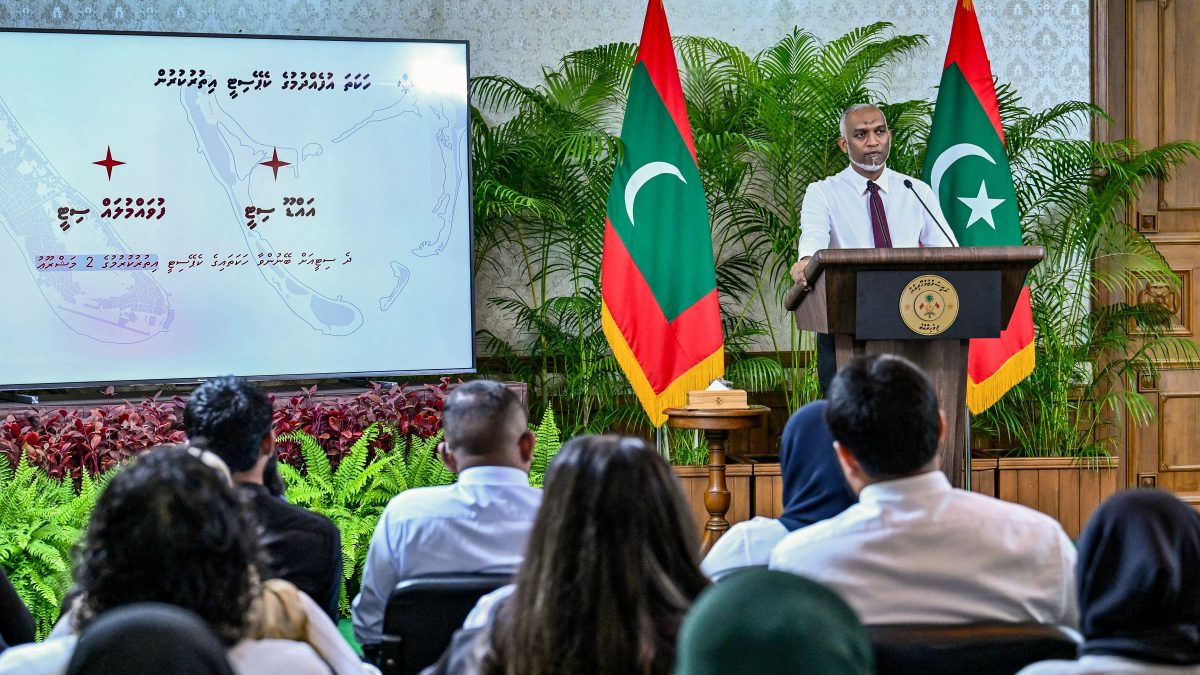)
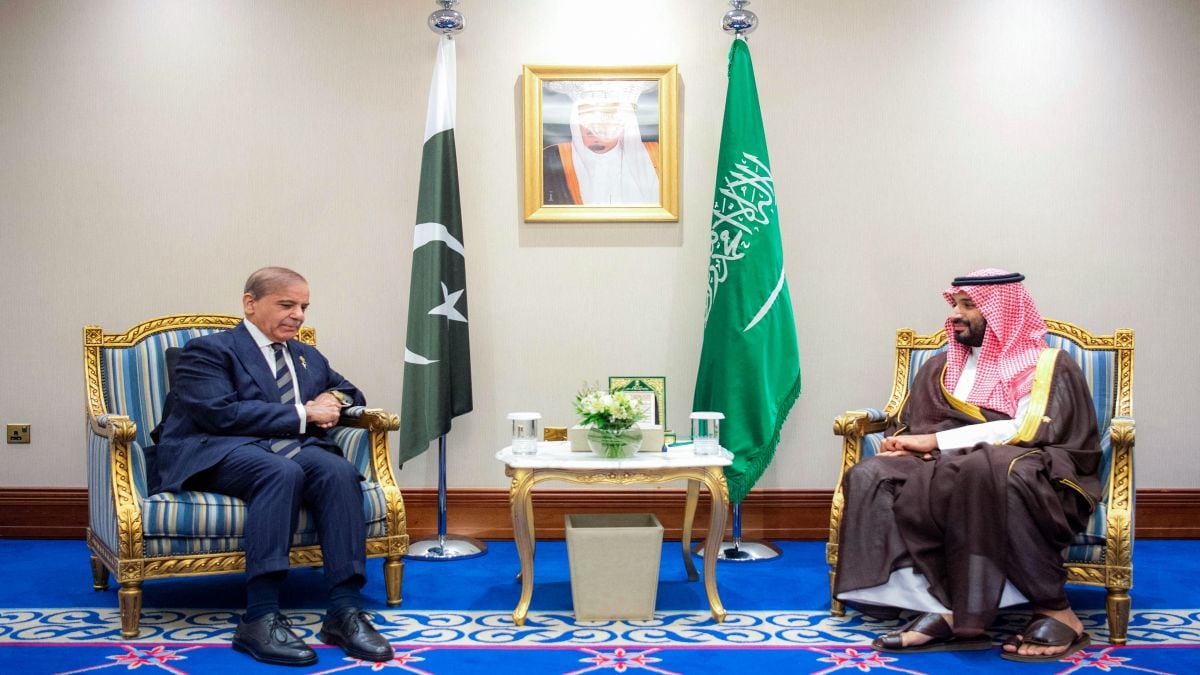
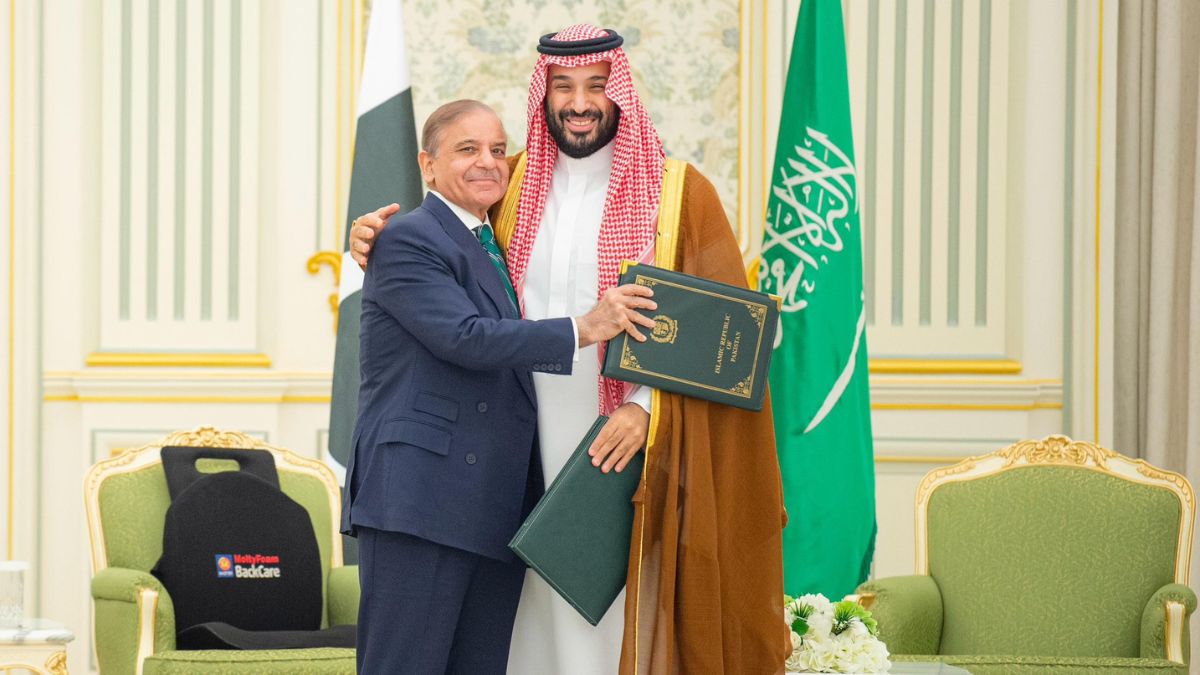)
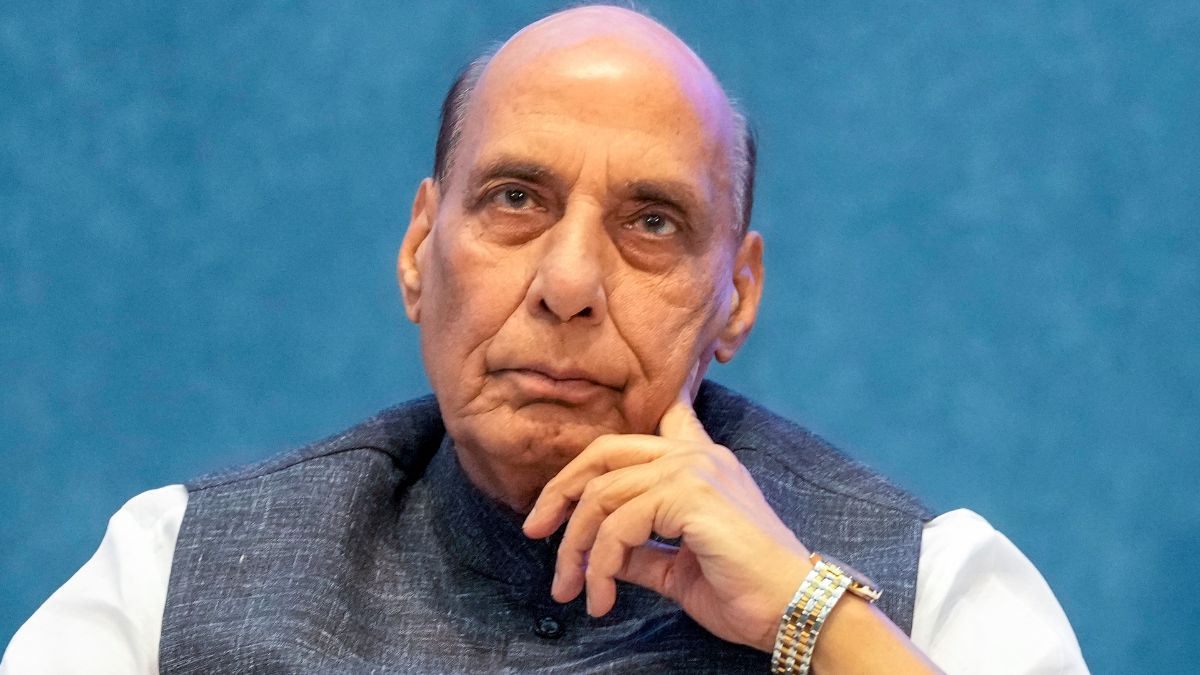)
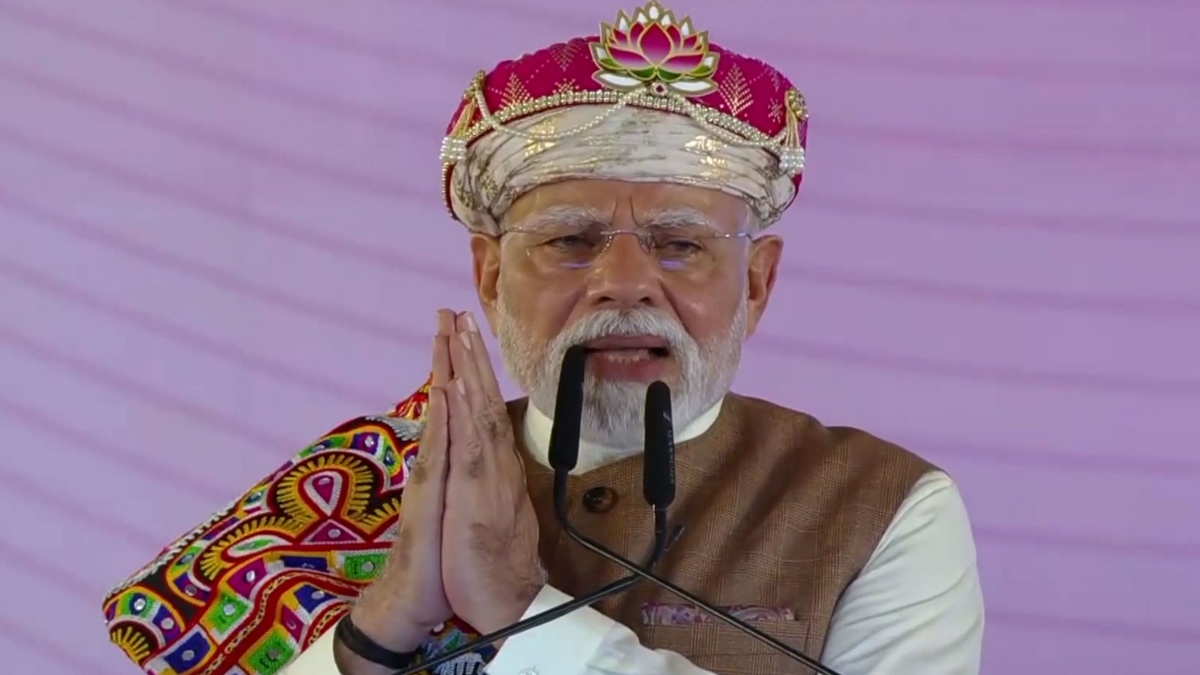)
)
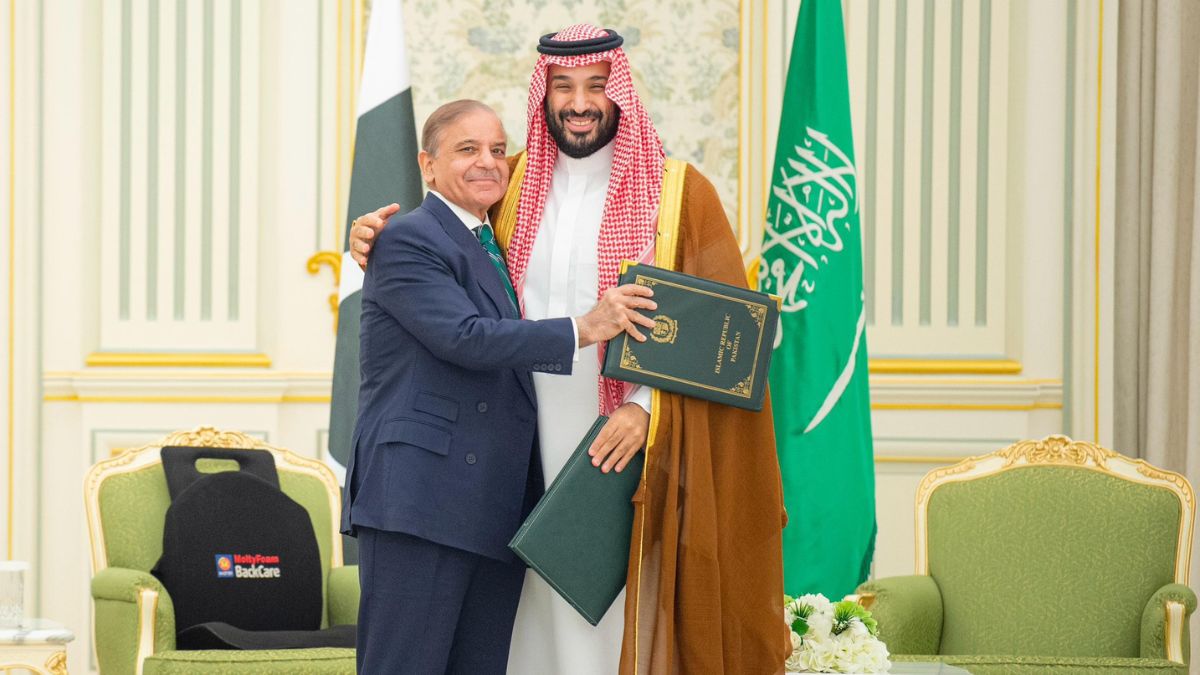)
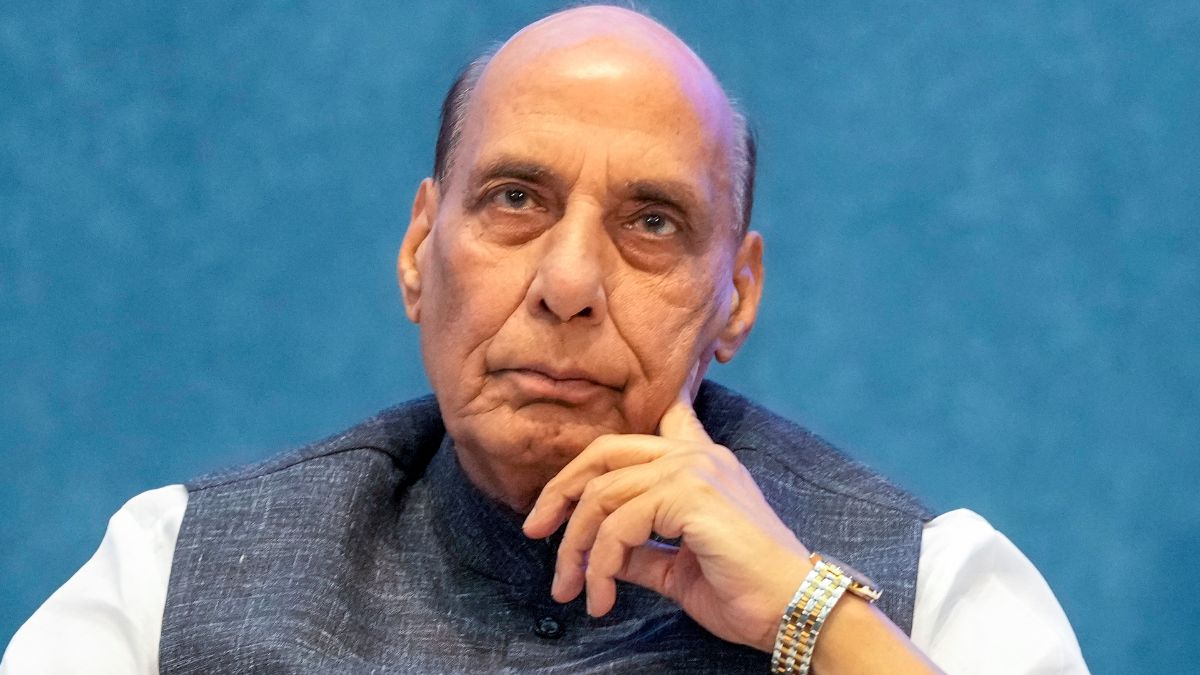)
)
)



